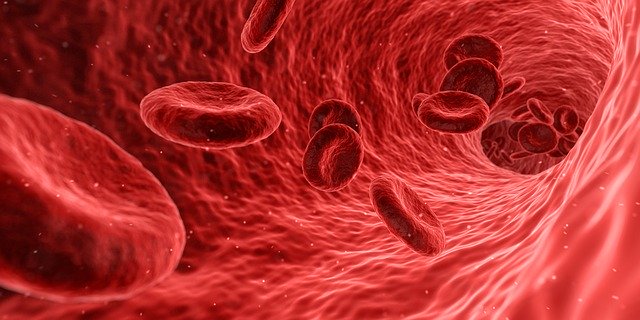
Blood transfusions are a lifesaving treatment for many Americans. Blood transfusions are needed for many factors, including surgical procedure, after mishaps, as well as for people with chronic illnesses and also cancer.
Blood can not be artificially made, so doctors rely upon volunteer contributions. To keep the blood supply risk-free, every contribution is evaluated for blood type and looked for contagious diseases.
What Are the Elements of Blood?
All blood includes the same fundamental parts:
red cell
white blood cells
platelets
plasma
But not everyone has the same blood type.
What Are the Blood group?
Categorizing blood according to type assists prevent reactions when somebody obtains a blood transfusion. Red blood cells have pens on their surface that identify the cell kind. These pens (additionally called antigens) are proteins and sugars that our bodies use to determine the blood cells as belonging in us.
Both main blood groups are ABO and Rh.
The ABO blood system has four major kinds:
Type A: This blood group has actually a pen called A.
Type B: This blood group has actually a pen referred to as B.
Type AB: This blood group has both An and B markers.
Kind O: This blood group has neither A or B pens.
Blood is more categorized as being either “Rh positive” (implying it has Rh variable) or “Rh unfavorable” (without Rh variable).
So, there are 8 possible blood types:
O adverse. This blood type does not have A or B pens, and also it doesn’t have Rh aspect.
O positive. This blood group doesn’t have A or B pens, but it does have Rh aspect. O positive blood is one of the two most usual blood types (the other being A positive).
An adverse. This blood group has A pen just.
A favorable. This blood group has A marker and Rh factor, but not B marker. In addition to O positive, it is among both most typical blood types.
B adverse. This blood group has B marker just.
B positive. This blood type has B pen as well as Rh variable, but not A pen.
Abdominal Muscle adverse. This blood type has An and B pens, but not Rh factor.
AB positive. This blood group has all 3 kinds of markers– A, B, and also Rh aspect.
Having any one of these pens (or none) doesn’t make a person’s blood any type of much healthier or more powerful. It’s simply a genetic distinction, like having environment-friendly eyes as opposed to blue or straight hair rather than curly.
Why Are Blood Group Essential?
The immune system is the body’s defense versus intruders. It can determine antigens as self or nonself. To get a blood transfusion safely, an individual’s immune system have to acknowledge the benefactor cells as a suit to his/her own cells. If a match isn’t identified, the cells are rejected.
The body immune system makes healthy proteins called antibodies that serve as guards if foreign cells go into the body. Depending on which blood type you have, your immune system will make antibodies to react against various other blood group.
If a person obtains the incorrect blood group, the antibodies instantly set out to ruin the attacking cells. This hostile, whole-body response can provide a person a fever, cools, and also reduced high blood pressure. It can also cause important body systems– like breathing or the kidneys– to fall short.
Below’s an instance of how the blood type-antibody process works:
Allow’s state you have type A blood. Since your blood contains the A pen, it makes B antibodies.
If B markers (located in kind B or kind AB blood) enter your body, your type An immune system gets fired up against them.
This implies that you can just get a transfusion from a person with A or O blood, not from somebody with B or AB blood.
Similarly, if you have the B marker, your body makes A antibodies. So as a person with kind B blood, you could obtain a transfusion from somebody with B or O blood, yet not A or AB.
Things are a little different for people with type Abdominal Muscle or kind O blood:
If you have both An and also B markers on the surface of your cells (type Abdominal Muscle blood), your body does not need to fight the existence of either.
This indicates that someone with Abdominal Muscle blood can obtain a transfusion from someone with A, B, Abdominal Muscle, or O blood.
Yet if you have kind O blood, your red cell have neither A or B pens. So:
Your body will certainly have both An as well as B antibodies and also will certainly therefore feel the demand to protect itself against A, B, and also ABDOMINAL blood.
A person with O blood can only obtain a transfusion with O blood.
Can Teens Donate Blood?
Blood transfusions are just one of one of the most constant lifesaving treatments health centers do. Every 2 seconds somebody requires a blood transfusion. So there’s constantly a need for blood donors. One blood contribution can save approximately 3 lives.
About 15% of blood contributors are senior high school and university student. If you ‘d like to help, call your community blood center. It’s one way to be a day-to-day superhero and save lives!